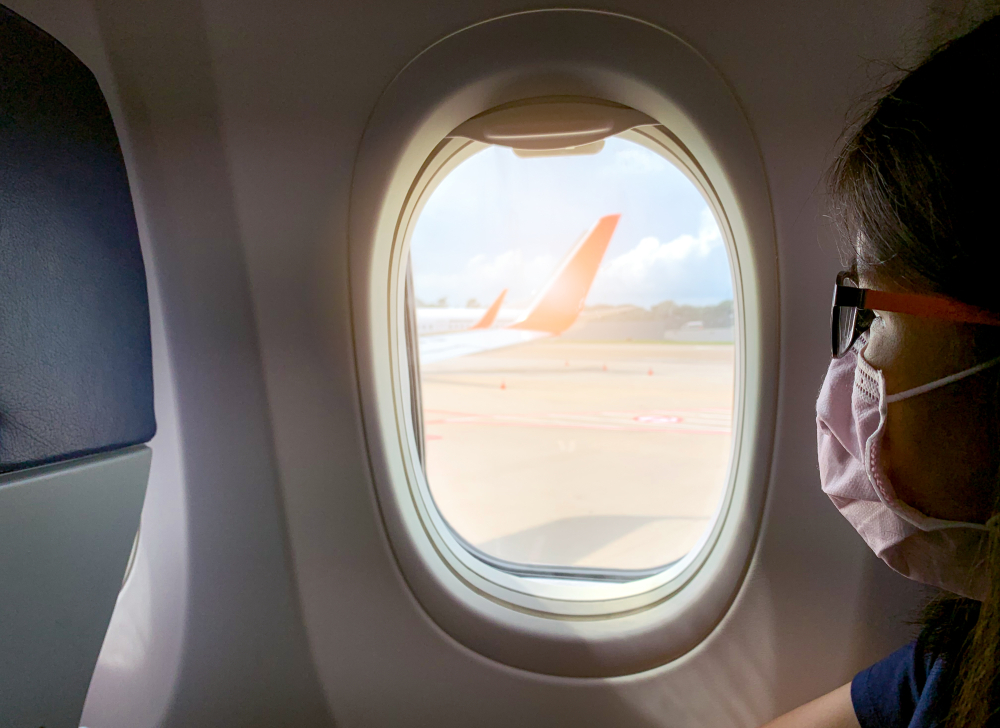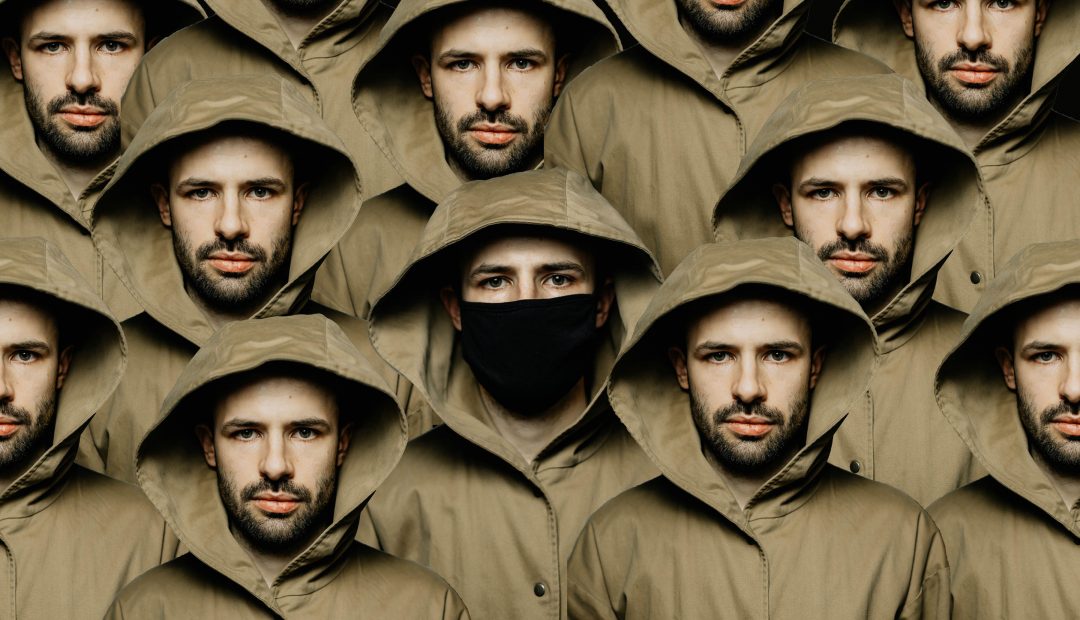Face masks, are they helpful? Should we all be wearing them as we emerge from the Coronavirus lockdowns? Why are some people being harassed for not wearing them, while others are being assaulted for asking someone to put one on? Let’s take a look at the potential benefits and harm of wearing face masks.
By Keith David Langston
For starters, the World Health Organization is recommending you only wear masks if you’re showing signs of being infected. And there is limited science that has been done to prove the effectiveness of masks against COVID-19. However, some governments are starting to question the WHO guidelines. It’s been estimated that a large portion of coronavirus cases can be asymptomatic. It’s also been discovered that the coronavirus can be spread from person to person before the onset of symptoms.
Do you think people need to wear face masks to prevent the spread of COVID-19?
FOR MASKS
Those who are in favor of wearing face masks point towards the “Asia model” of containing a virus. After the SARS outbreak in 2003, it became standard protocol for people in East Asia to wear masks when sick (and even during allergy season). Asian countries have also escaped the dire pandemics that Italy and America have been forced to endure. Many say that’s because of the widespread use of face masks.
Not only do face masks help prevent the spread of the disease, but it’s often argued that when a culture adopts a visual symbol (like the face mask) it also helps encourage society to be more cognizant of their surroundings. Wearing a face mask is like “putting on a uniform” and helps to remind and encourage yourself and others to take the measure seriously. As Spokane’s newspaper, The Spokesman-Review, stated, “In countries such as Japan, South Korea, Taiwan, and China, people have long worn face masks during flu season in self-interest and as a civic duty. There, wearing a mask tells people you behave responsibly.”

AGAINST MASKS
The biggest issue with face masks is using them properly. Masks need to be physically put on and taken off. This means a lot of touching both the mask and potentially, your face. All this touching can actually increase your risk of catching the coronavirus. Furthermore, there’s now a mask shortage in many countries, with online orders being backed up by months and prices soaring (the other day at the grocery store I saw them selling a box of masks for $60 dollars). This is causing people to reuse their masks (even if they aren’t washable cloth masks), which again, actually increases your chances of contracting COVID-19 if you don’t take the proper precautions.

To adapt to these problems, countries are taking different approaches. The UK has stated that face masks are only needed if you’re in a closed space, but not required for walking outside. In Some Asian countries, the wearing of masks when you are sick has been a common practice. However, in Singapore, where wearing masks was once discouraged, they are now handing out $300 fines if you don’t wear one. In the USA, the CDC, until recently, also discourage people from wear face masks unless they were sick or had symptoms.
It’s important to consider what may happen in a post-lockdown world. For example, Germany just recently imposed its mask rule now that the nation is mingling once again after emerging from lockdown. Canada has required all incoming and outgoing passengers from any airport to wear masks. And even Uber and Lyft are requiring masks for all passengers.
The reality is, that at least for the next few months, masks will most likely be required when in public as the world slowly starts to emerge from their months of lockdown.


